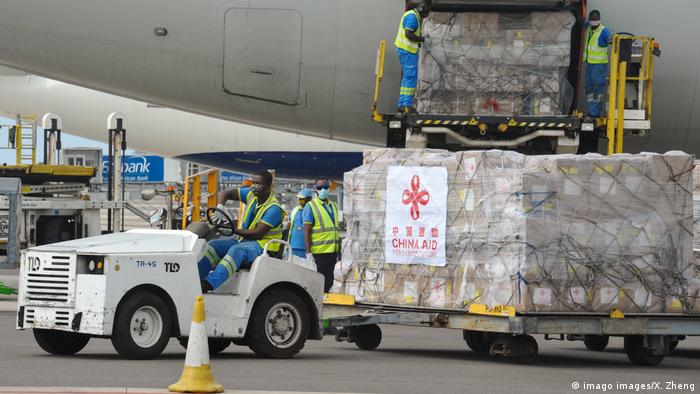Plain Jane
Just Plain Jane

French forces face violent protests after crossing into Niger from Burkina Faso
A French military convoy heading to Mali on Saturday ran into more trouble in a town in Niger after being delayed for more than a week by protests in Burkina Faso, with the Nigerien government reporting…
French forces face violent protests after crossing into Niger from Burkina Faso
Issued on: 27/11/2021 - 16:17Modified: 27/11/2021 - 21:38
A Burkinabe soldier walks past a French armoured personnel carrier, part of a French military convoy heading to Niger that was stopped by protesters in Kaya, Burkina Faso, on November 20, 2021. © Sam Mednick, AP
Text by:NEWS WIRES
2 min
A French military convoy heading to Mali on Saturday ran into more trouble in a town in Niger after being delayed for more than a week by protests in Burkina Faso, with the Nigerien government reporting two deaths and 18 wounded.
The supply convoy, which arrived in Africa in Ivory Coast last week, has crossed Burkina Faso and on Friday entered Niger on its way to central Mali.
It was heading for a base at Gao, central Mali, a hub of France's Barkhane operation which is shoring up allies in the Sahel against a jihadist insurgency that began in northern Mali nearly a decade ago.
But clashes reportedly broke out at Tera in western Niger on Saturday morning.
"The convoy of the French Barkhane force escorted by the national gendarmerie was blocked by very violent protesters in Tera in the Tillaberi region, where it had spent the night," the interior ministry said in a statement.
"In its attempt to break free, it used force," leading to "the deaths of two people and 18 wounded", including 11 seriously.
The town mayor had earlier announced that three people had been killed, but later said he had been mistaken.
French army spokesman Pascal Ianni told AFP that "no French soldier was wounded."
But "two civilian drivers in the convoy were hurt by stones and some civilian trucks were damaged."
"The convoy halted last night at Tera. This morning, when they wanted to continue the road to Niamey, they were stopped by 1,000 demonstrators and a violent group among them tried to take over the trucks," he said.
Warning shots
Niger gendarmes fired teargas to disperse the protesters, he added.
"Tensions soared again" in mid-morning and the gendarmes and French soldiers "fired warning shots", before the more than 100-vehicle convoy was able to move off, Ianni said.
He denied "false information" posted on social networks that the French army had killed dozens of civilians at Tera.
After entering Burkina Faso last week, the convoy was slowed by protesters at Bobo-Dioulasso, the country's second-largest city, and then in Ouagadougou, the capital.
On November 19, several thousand demonstrators blocked the convoy at Kaya, about 100 km north of Ouagadougou.
The following day, local sources said four people had suffered gunshot wounds in Kaya, in circumstances that remain unclear -- French and Burkinabe soldiers fired warning shots and tear gas to disperse demonstrators.
Protest organisers said they wanted to expose flaws in Burkina Faso's security accords with former colonial ruler France.
But rumours have also spread on social media -- which were recounted by protesters in Kaya -- claiming the convoy was in fact carrying weapons for the jihadists.
Burkinabe Foreign Minister Alpha Barry dismissed the rumours on Wednesday and pointed to what he said was France's long history of help at times of crisis.
On Friday Niger President Mohamed Bazoum expressed his "gratitude" to France and applauded its "sacrifices" in the Sahel.
(AFP)







